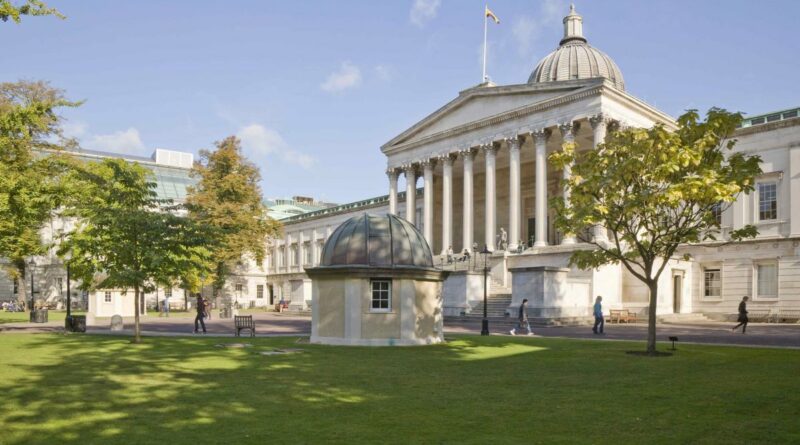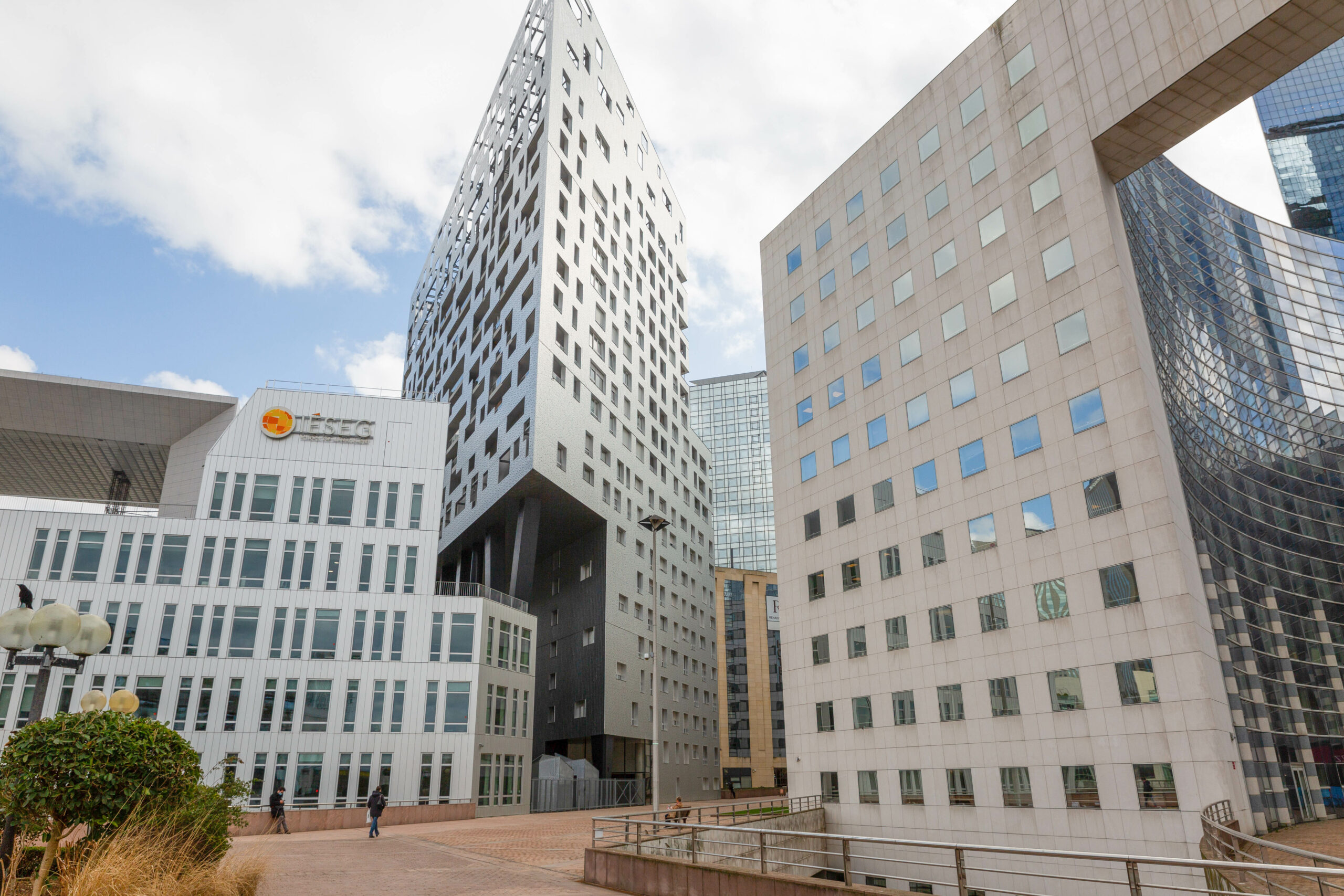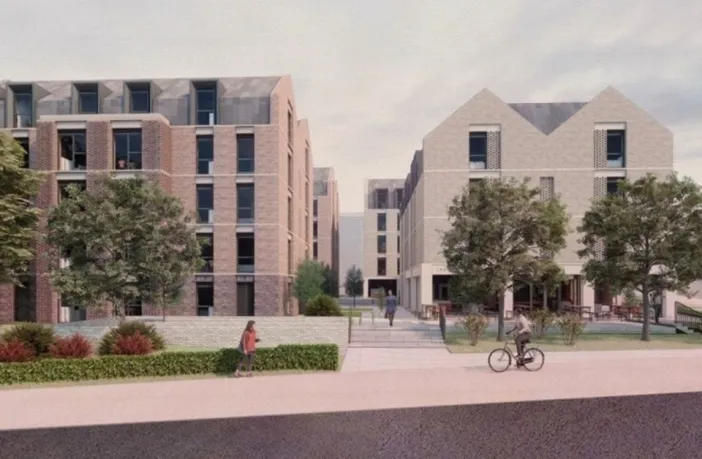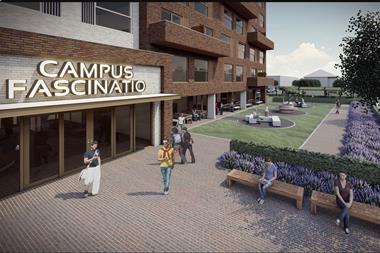UK: Freedom of Information (FOI) data reveals that British universities have earned almost £100 million in three years by renting student accommodation to non-students during the summer break.
As financial pressures mount, institutions are expanding these programmes to boost income. UK universities have long rented out student accommodation during breaks to generate additional revenue. However, new figures suggest that these summer rental programmes are being expanded in response to financial difficulties and the housing crisis.
An investigation by short-term rental management company Lavanda analysed data from 136 of the UK’s 166 universities, revealing that British institutions have made nearly £100 million in the past three years from non-student rentals.
Some universities have doubled their rental income during this period. University College London earned the most from private rentals between 2021/22 and 2023/24, making £14 million. Brunel University followed with £10 million, and the University of Nottingham made £9.5 million. Queen Mary University of London saw its rental income surge by 151 per cent, from £848,000 to £2.1 million. Brunel’s earnings from summer rentals to non-students also increased sharply, rising from £ 2.1 million to £3.9 million, a 93 per cent jump.
In total, FOI data shows that British universities have made £98,825,919 from renting student halls since 2021, adding an average of £2.1 million each.
This rental income boost comes at a time when universities are facing financial strain due to inflation, frozen tuition fees, and a decline in international student numbers caused by tighter visa restrictions. The Office for National Statistics predicts that 72 percent of UK universities will be in deficit by 2025.
Lavanda CEO Fred Lerche-Lerchenborg said summer rentals provide institutions with a way to “drive efficiency and diversify their income stream” as they navigate financial uncertainty.
He said: “It is critical that this kind of resourcefulness is encouraged to help our institutions remain financially healthy, agile, and competitive.”
Some UK universities advertise their student accommodation via online travel agents like Booking.com and Expedia, while others promote rentals through their own websites.
University representatives argue that summer rentals benefit students by preventing them from paying for unused accommodation during the holidays while also boosting university finances.
A spokesperson for Brunel University London said: “The revenue generated from renting the accommodation and facilities reflects our longstanding operational model. We always prioritise on-campus accommodation requests from Brunel students and do not mix them with non-students in our summer programmes.”
A University College London spokesperson said that summer rental income is “invested directly back into our university, helping to improve student facilities, education, support, and experience, as well as supporting our world-leading research”.
This expansion of university rental programmes comes as students face soaring tuition and accommodation costs. Education Secretary Bridget Phillipson recently announced that tuition fees will rise to £9,535 this year. Meanwhile, the cost of private rent in some university towns now exceeds the maximum student maintenance loan available.








